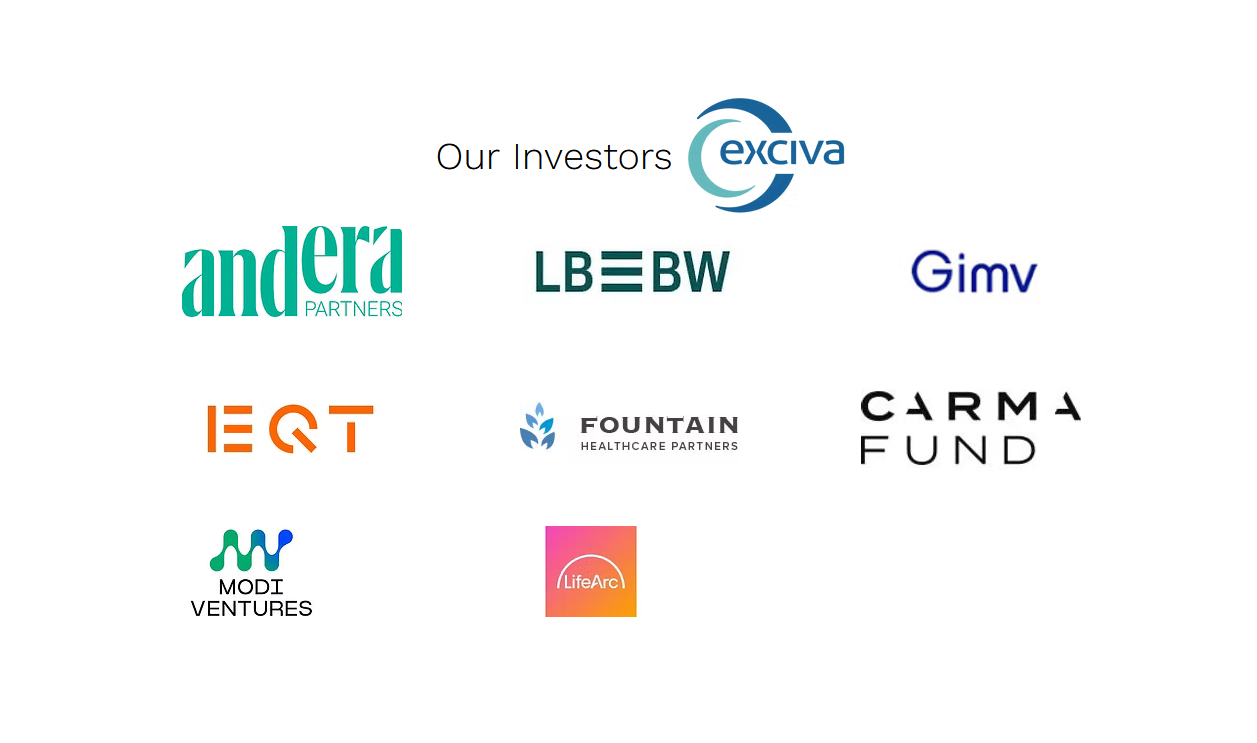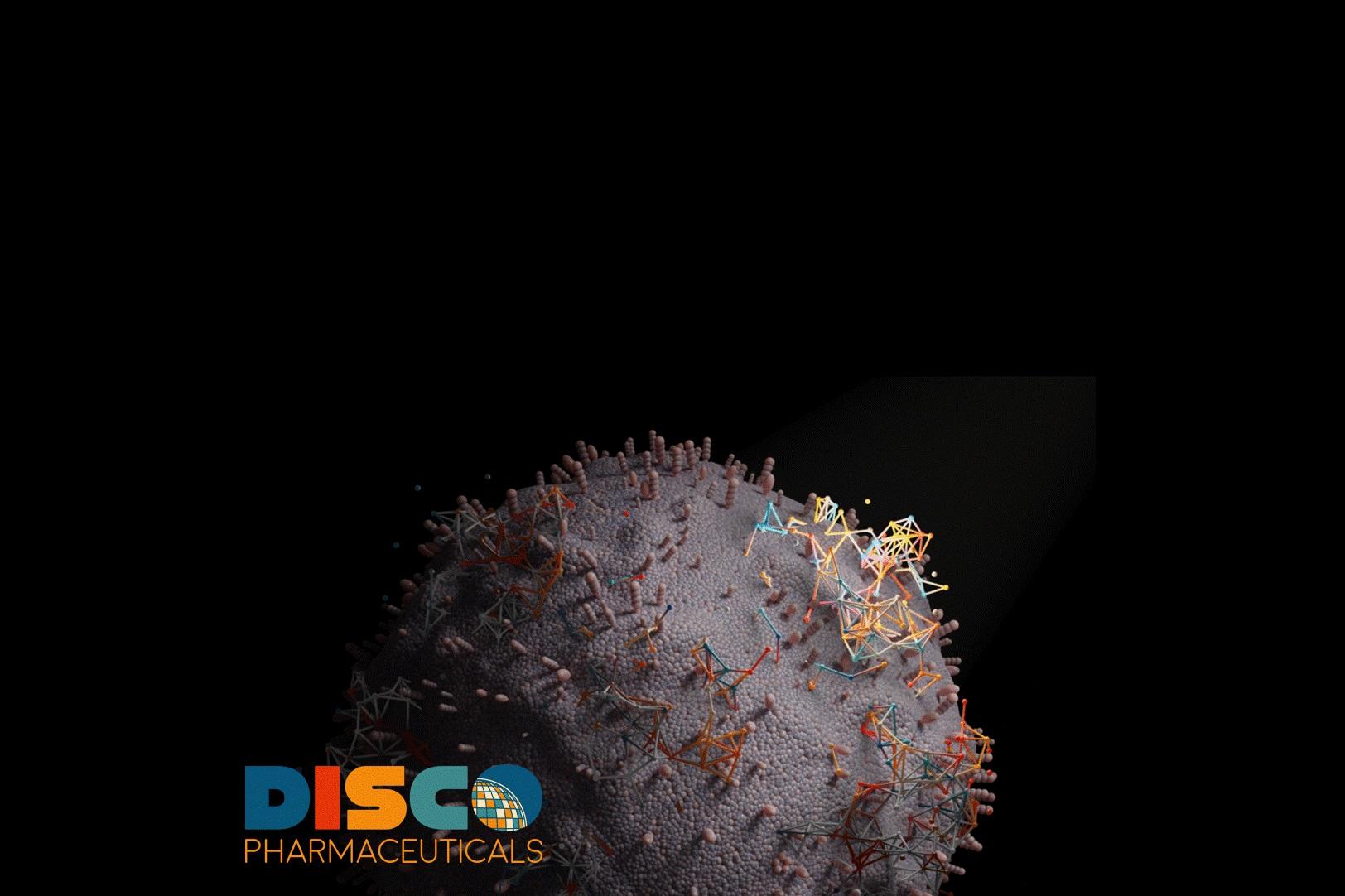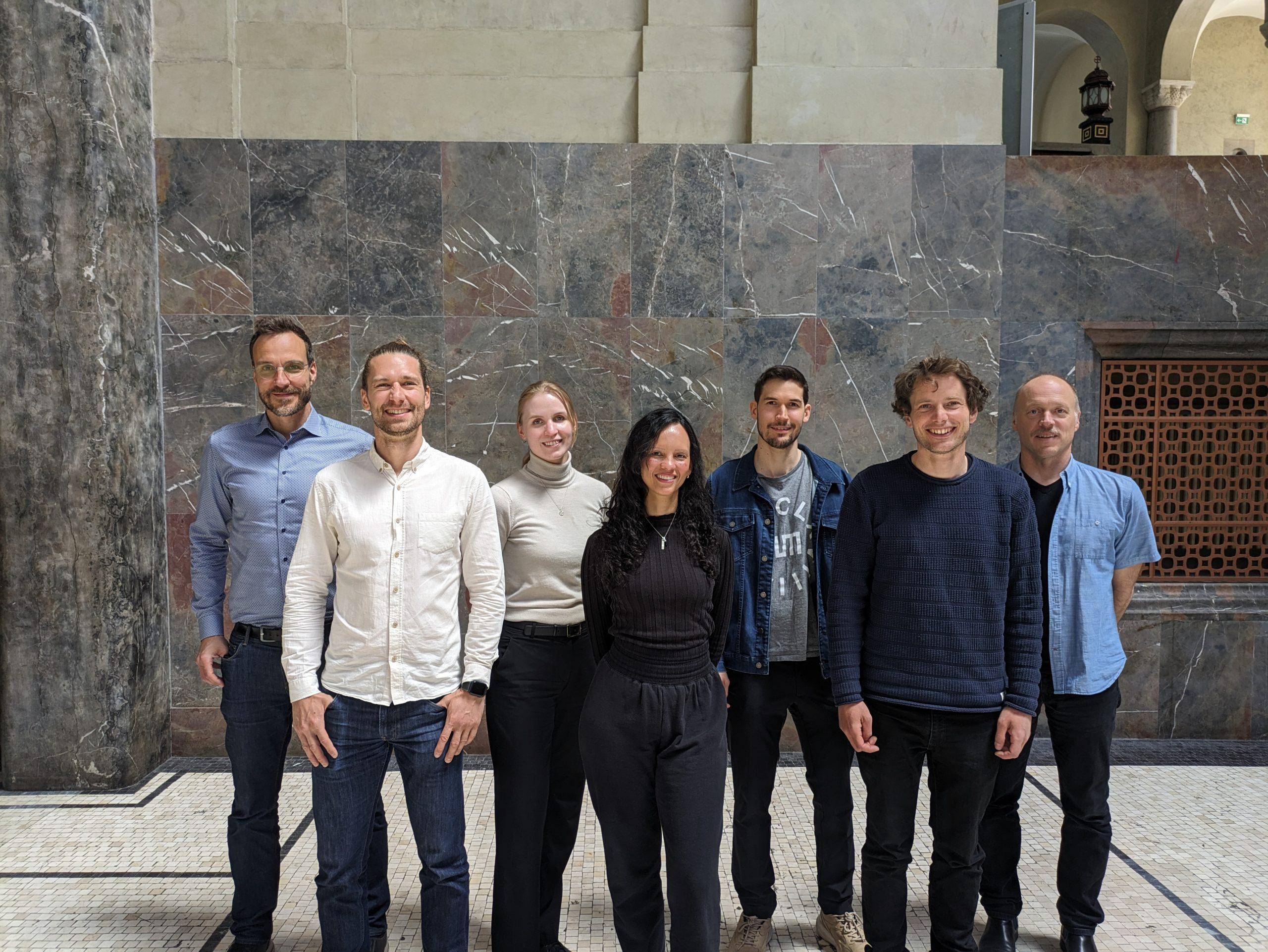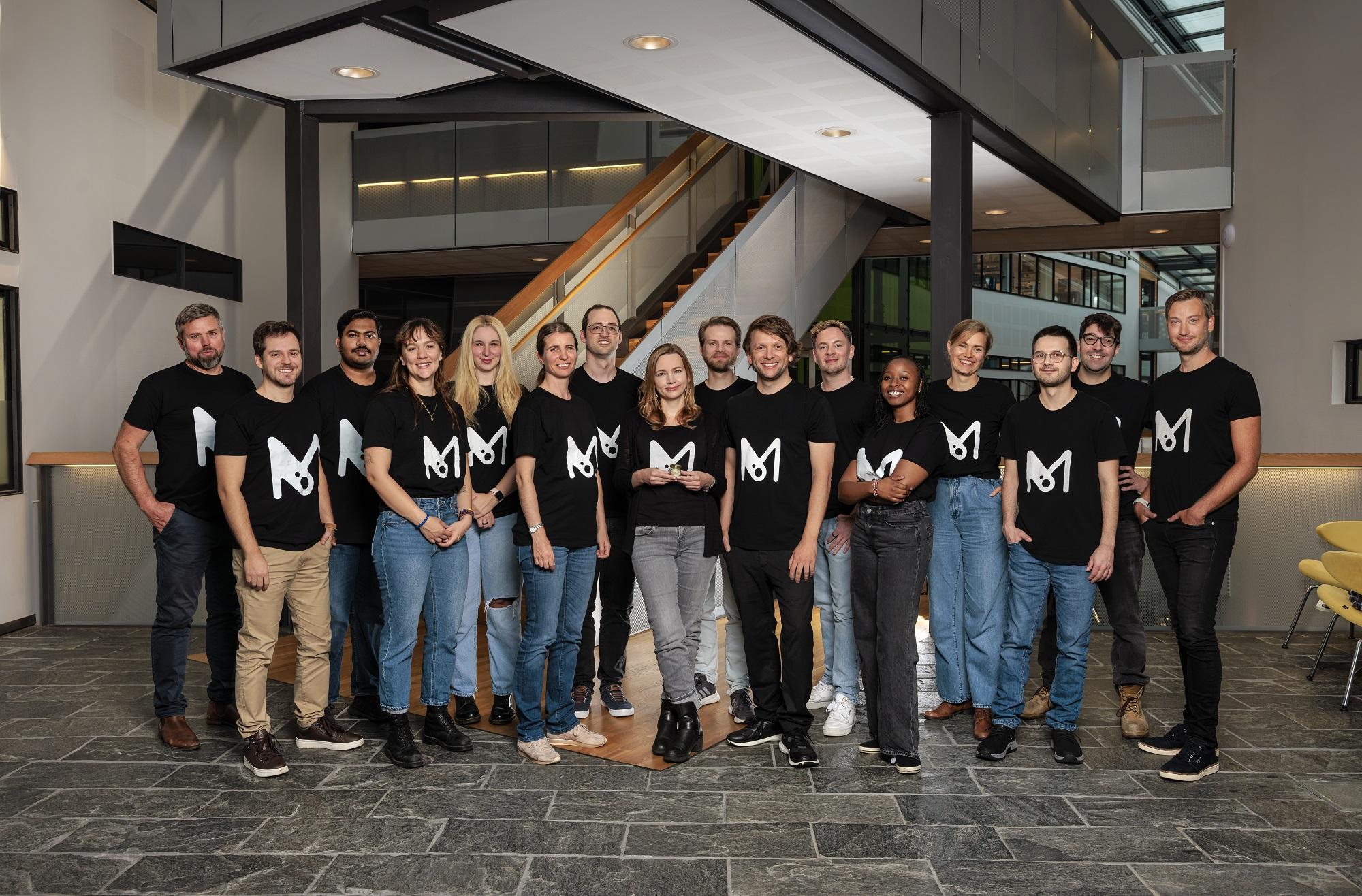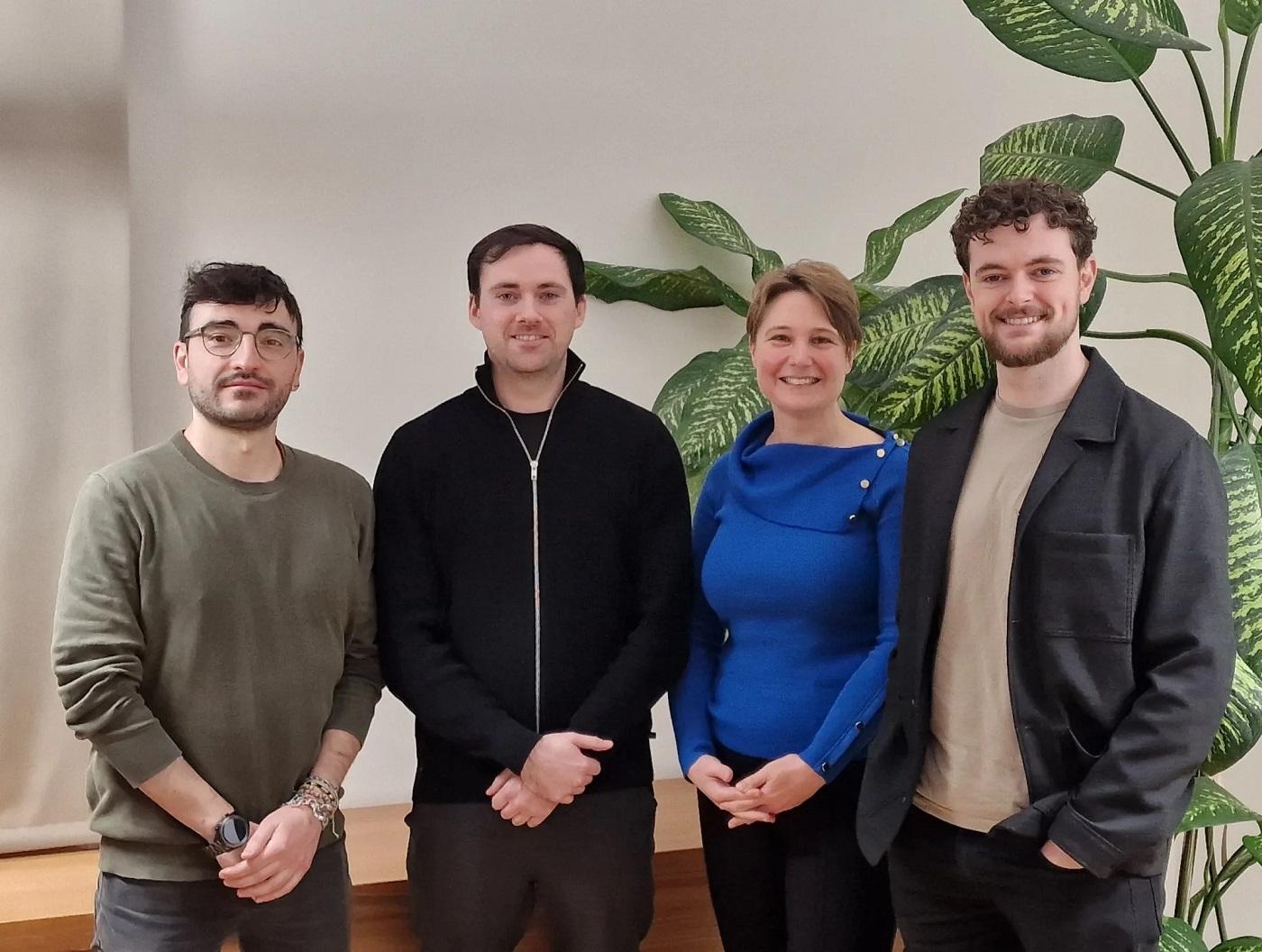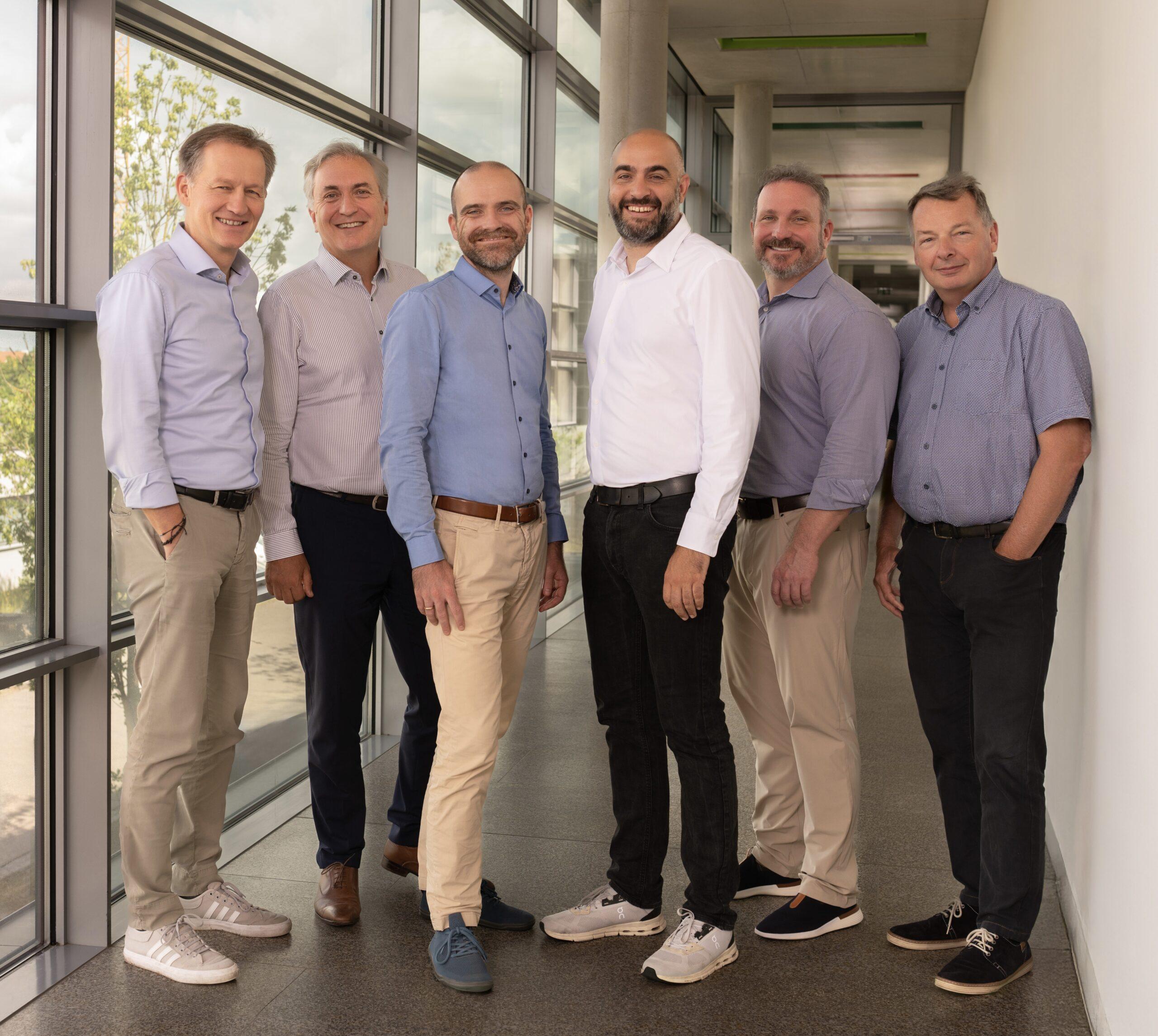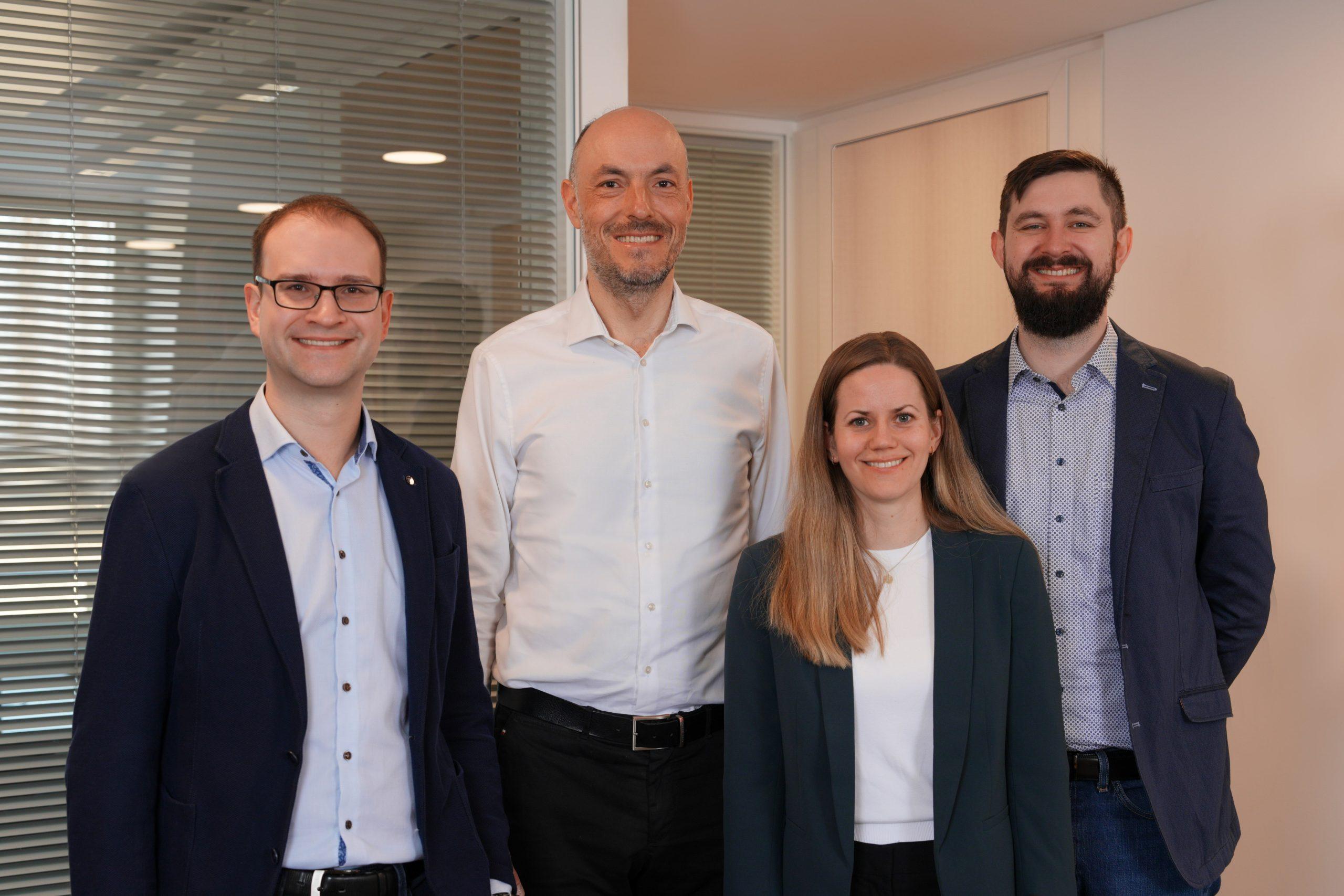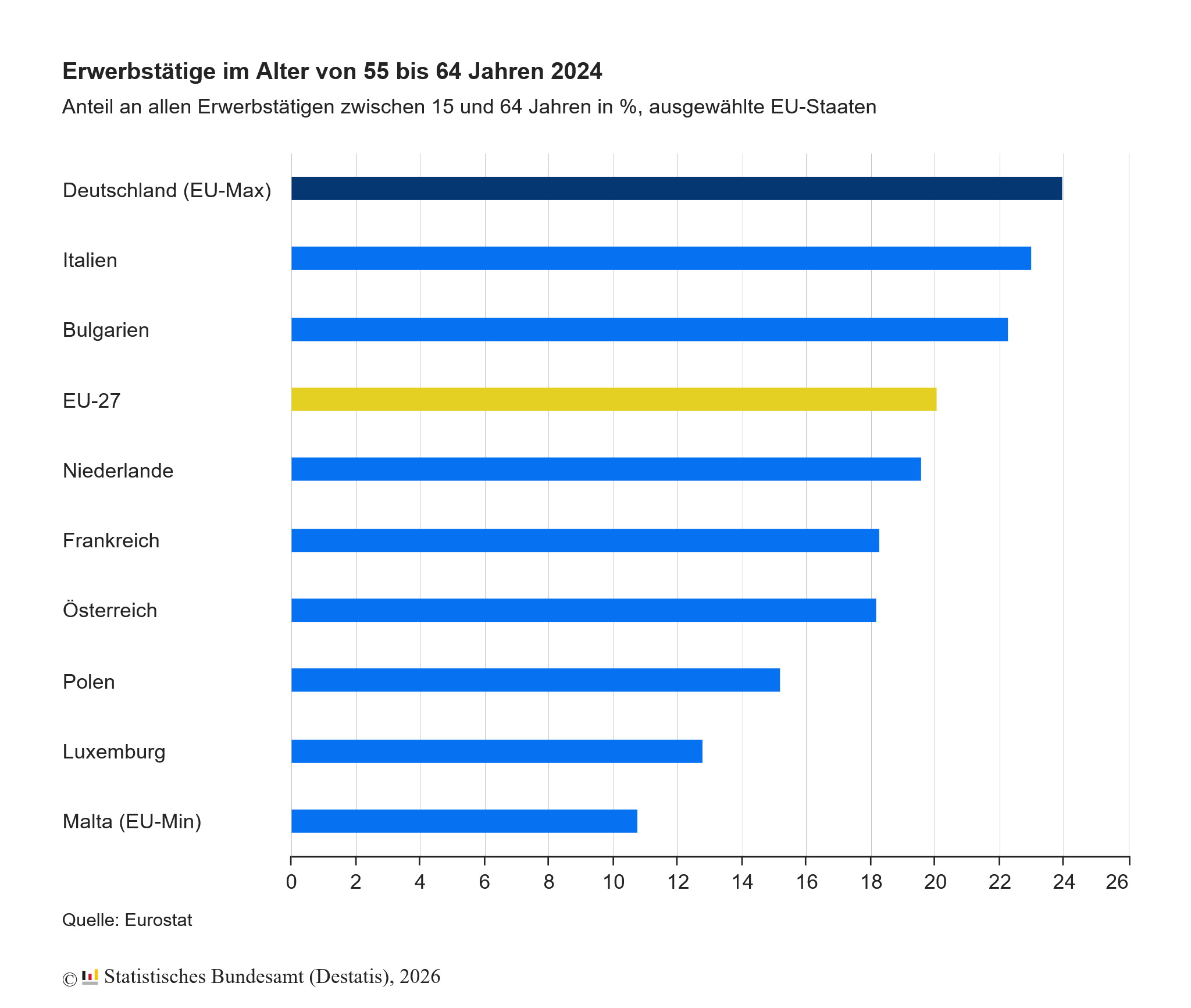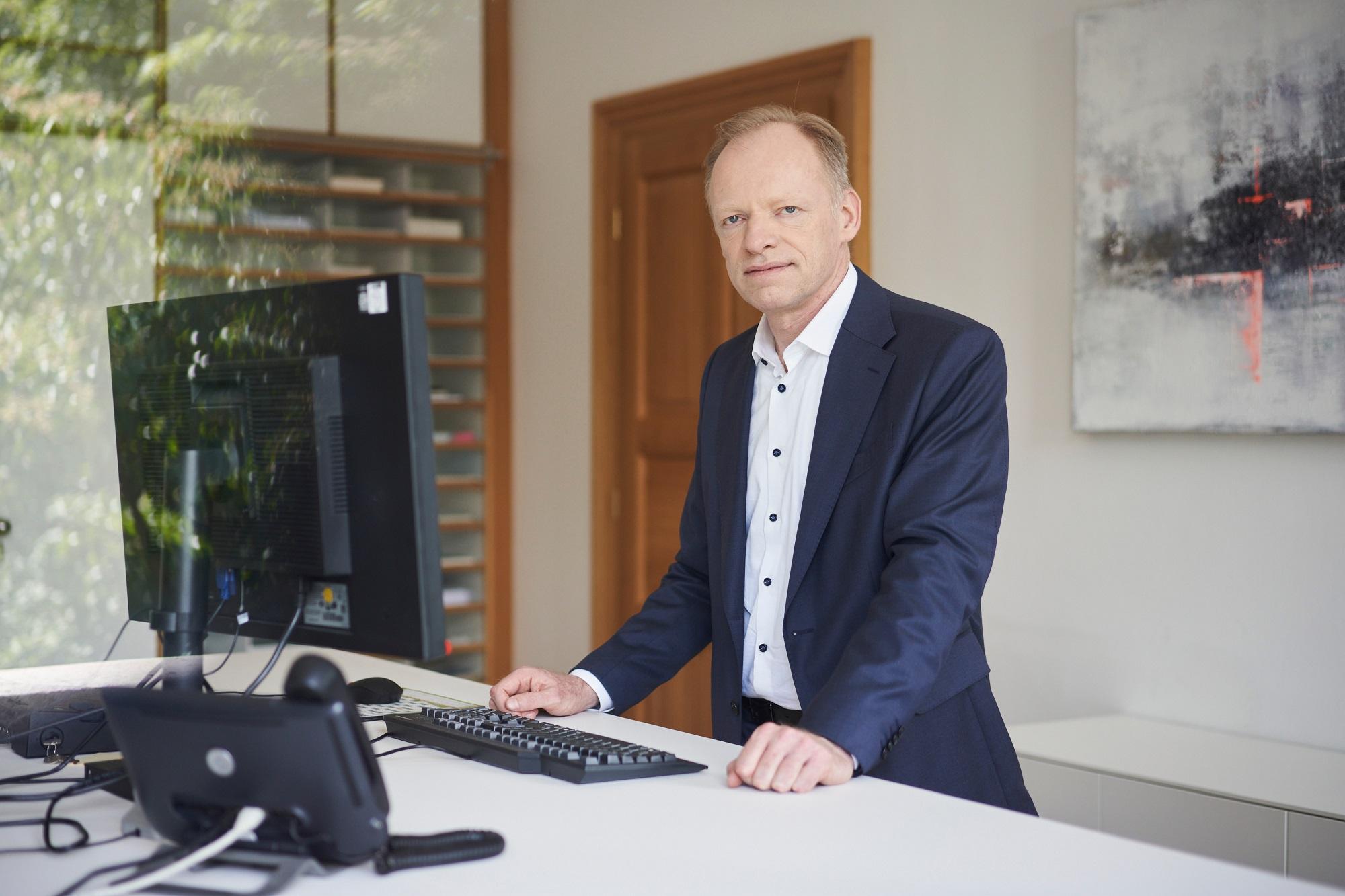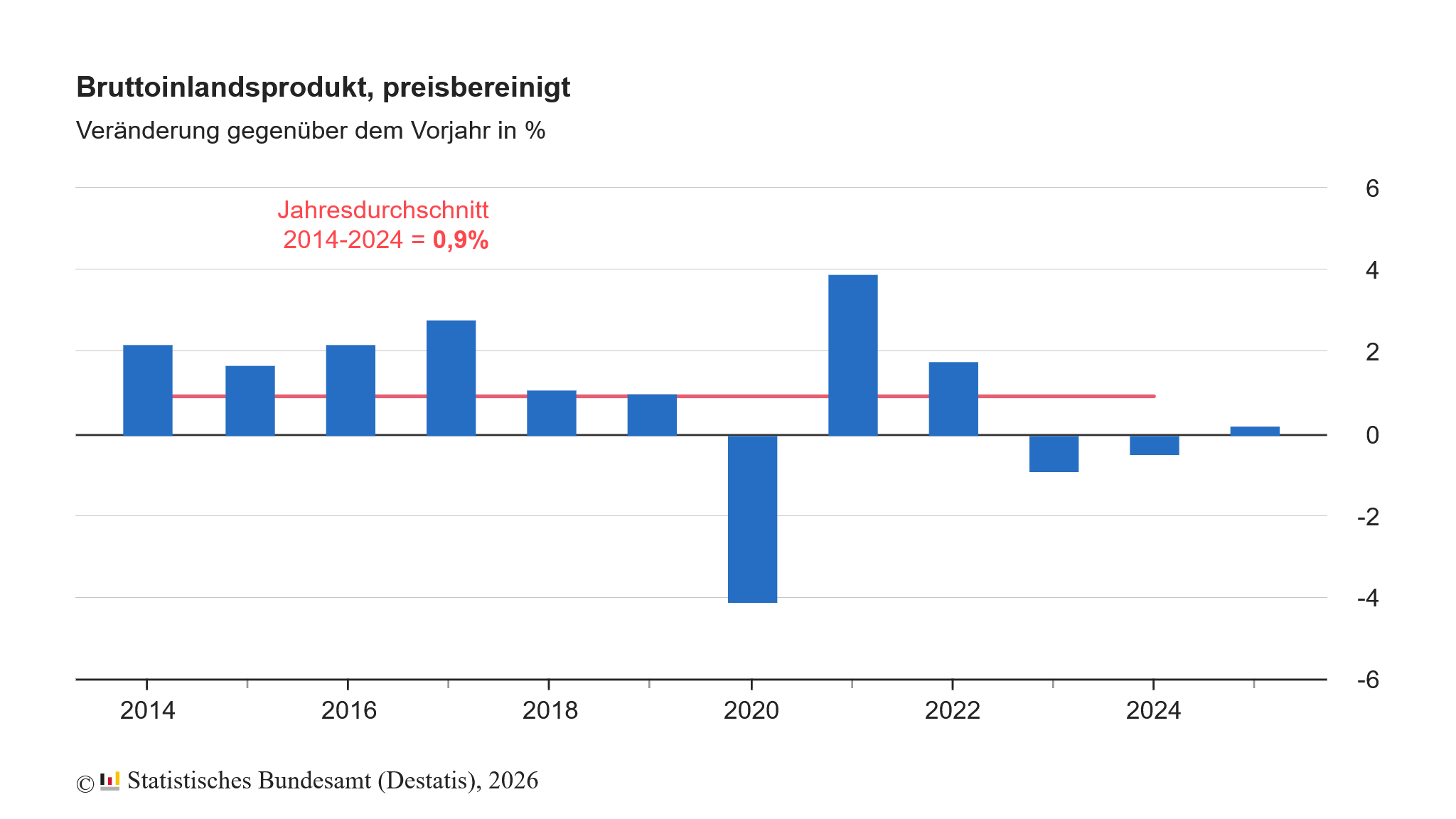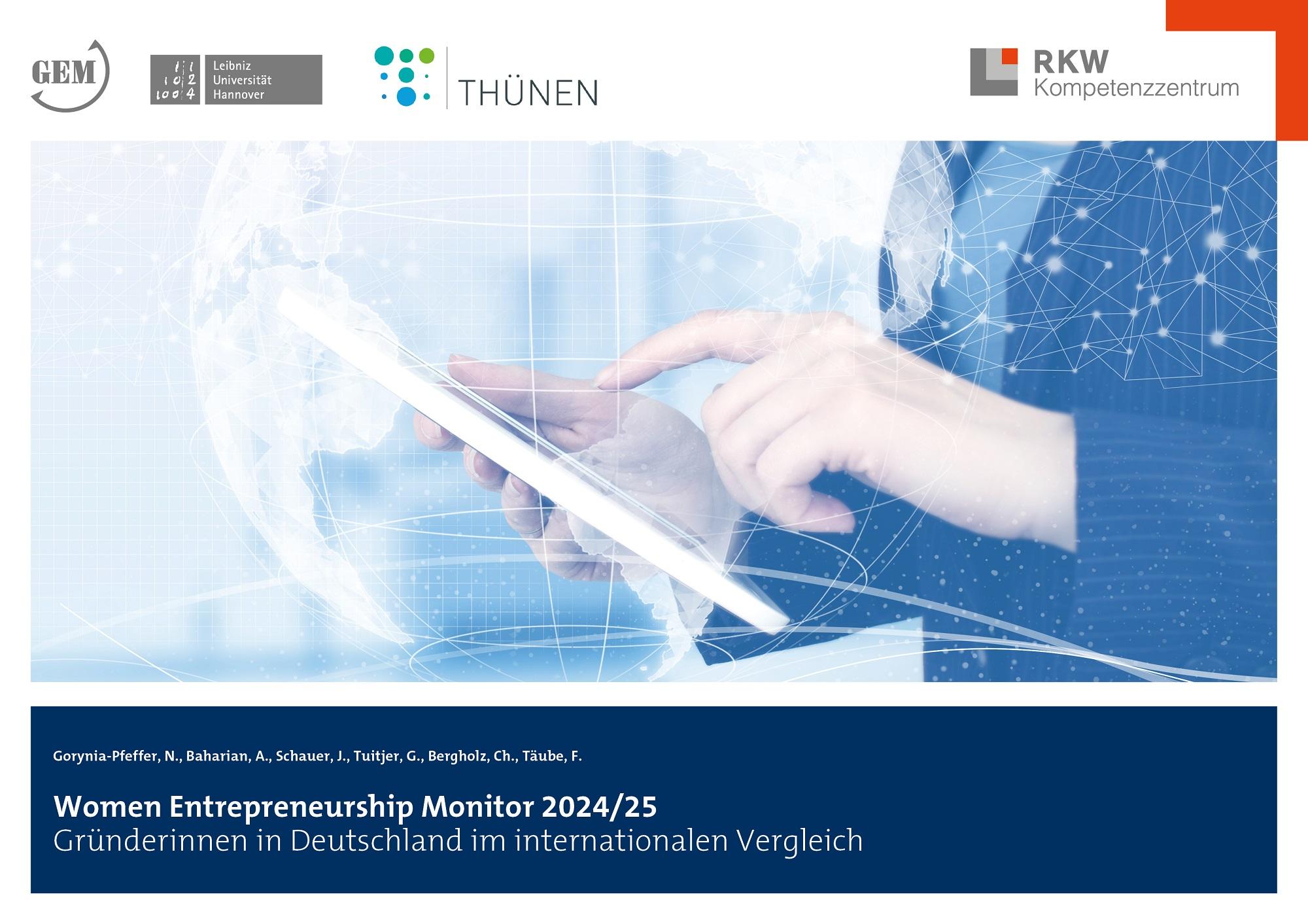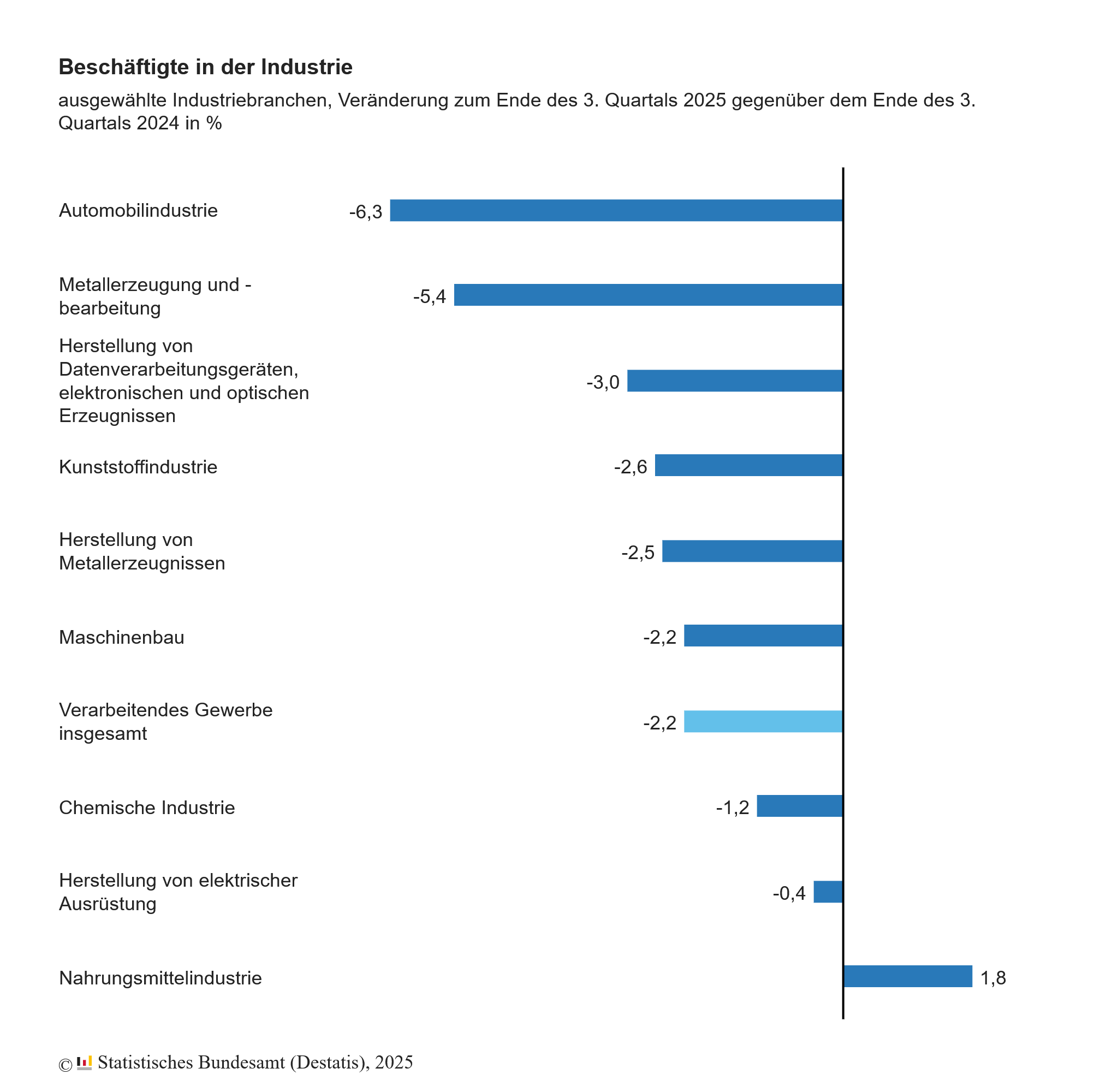Germany leads the way in oncology start-ups

Germany is one of the European leaders in cancer-related patents and start-ups. But according to a new study by the EPO, scaling up remains a challenge.
Munich, February 3, 2025 - Cancer remains one of the biggest health challenges. Despite advanced healthcare systems, Europe accounts for almost 25% of global cancer cases and over 20% of deaths - with only 10% of the world's population. A new study by the European Patent Office (EPO), published on the occasion of World Cancer Day, analyzes technological developments in oncology.
The study shows that Germany is the European leader in oncology with 5,400 international patent families (IPFs) between 2010 and 2021. Germany also ranks third in Europe for the number of start-ups in cancer research with 208 companies, behind the United Kingdom (290) and France (246). Nevertheless, Europe as a whole is losing market share to the USA and China in fast-growing areas of innovation.
Technological advances and challenges in oncology
According to the study, the fastest growing areas of innovation in cancer research are
- Cellular immunotherapy (+37.5% annual growth in patent applications from 2015 to 2021)
- Gene therapy (+31%)
- Image analysis in oncology (+20%)
While Germany and Europe as a whole are strongly represented in cancer research, the data shows that Europe has lost an average of 5 percentage points of market share in these fast-growing areas. The USA and China in particular are increasingly dominating these key technologies.
Germany as an innovation center for oncology startups
With 208 cancer-related start-ups, Germany is a major player in oncology. However, scaling up remains a challenge:
- Only 25% of German oncology startups have reached the late growth phase
- 40% are still in a very early growth phase
- 35% remain in the seed phase
In comparison: in the USA, almost 40% of oncology start-ups have reached the late growth phase, in the EU only 24%. This shows the structural challenges for European start-ups on their way to market maturity.
Public research as a driver of innovation in Germany
The study emphasizes the importance of public research institutions for cancer research. In Germany, public institutes increased their contribution to innovation by 2.6% to almost 40% between 2010-2015 and 2016-2021. Particularly active are:
- Max Planck Society (154 IPFs, 6th place in Europe)
- German Cancer Research Center (DKFZ) (152 IPFs, 7th place)
- University of Heidelberg (137 IPFs, 12th place)
At European level, almost 50% of cancer-related patents originate from universities, research institutions or hospitals.
Innovative strength exists, scaling is crucial
The report emphasizes the leading role of Germany and Europe in cancer research, but points to challenges in scaling and in high-growth innovation areas. "Europe's dynamic oncology start-ups are a bright spot, but they need investment and support to scale their inventions," says EPO President António Campinos.
The full study can be accessed via the EPO website website.

Newsletter
Startups, stories and stats from the German startup ecosystem straight to your inbox. Subscribe with 2 clicks. Noice.
LinkedIn ConnectFYI: English edition available
Hello my friend, have you been stranded on the German edition of Startbase? At least your browser tells us, that you do not speak German - so maybe you would like to switch to the English edition instead?
FYI: Deutsche Edition verfügbar
Hallo mein Freund, du befindest dich auf der Englischen Edition der Startbase und laut deinem Browser sprichst du eigentlich auch Deutsch. Magst du die Sprache wechseln?
